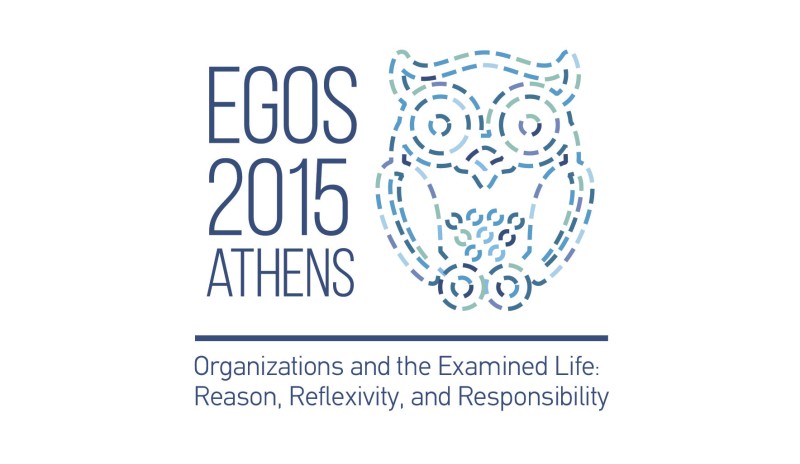Sub-theme 23: Climate (In)action: Understanding Corporate and Institutional Inertia
Call for Papers
The 5th IPCC report has reinforced the fact that the world requires urgent action to curb GHG emissions in order
to prevent severe consequences of climate change. Almost at the same time the Warsaw Climate Change summit ended without reaching
an international deal on binding targets. What does this entail for companies and organization scholars? Our premise is that
since there will probably be no global binding targets on emissions in the short run, countries will basically follow a 'pledge
and review' system. Consequently, the onus for meaningful climate change is even more on companies and their managerial decisions.
This, in turn, implies that there is no room and especially no time for climate change inaction at the corporate level. Thus,
this sub-theme intends to study and better understand corporate and institutional inertia towards climate inaction.
CSR has gained momentum over the past decades, which has also led to a wealth of concomitant research. To date, research
on organizations and the natural environment has developed insights into the types of environmental business practices firms
have adopted, when the adoption of such practices creates an economic pay-off, and which factors have pushed firms to engage
in these practices. Notwithstanding the important contributions this research, many studies have conducted their analysis
under the assumption that firms do indeed seek and intend to address ecological issues, be it to gain a competitive advantage
or to maintain legitimacy. What is lacking, however, is a deeper understanding of the reasons why many firms simply do
not reduce their ecological footprint. Thus, this sub-theme intends to enrich the corporate sustainability literature
towards providing a better conceptualization of firms' inaction with regard to the mounting issue of climate change.
Current theorizing only provides fragmented explanations of why climate change is not sufficiently addressed by
business organizations. For example, previous organizational and psychology research on climate change has pointed to the
role of individual and organizational time perspectives in explaining inaction. Other literatures have discussed short-termism
and uncertainty avoidance as potential sources of organizational inaction. Similarly, a stream of literature seeks to understand
the causes and consequences of short-termism in organizations, arguing that many firms routinely undervalue the future in
favor of making short-term profits. An institutional-level source of climate inaction is regulatory uncertainty, defined as
an actor's perceived inability to predict the future state of the regulatory environment. Firms tend to avoid significant
investments in low-carbon technologies when future regulations are unclear given they cannot predict the paybacks on their
investments.
The examples above illustrate that we have to push cross-disciplinary boundaries and draw on a broad
range of the social sciences and the humanities in order to fully understand organizational inaction towards responsible business
practices that contribute to effective climate change mitigation. Thus, we invite theoretical contributions as well as empirical
studies, and encourage diverse disciplinary and interdisciplinary perspectives. Contributions may answer these or related
research questions:
- What are the antecedent conditions of corporate climate inaction?
- What are the institutional conditions that prevent meaningful action on climate change?
- What constraints do individual decision makers face that lead to climate inaction?
- How can individual, organizational, and institutional constraints to climate action be overcome?
- How do organizations view their responsibility to effectively contribute climate change mitigation?
- Which pressures are required for conformity to institutionalized standards?
- How can different (economic, sociological, psychological, etc.) theories help explaining organizational inaction and how to those theoretical explanations interact which each other?
- What theoretical and practical perspectives can be identified for overcoming organizational inaction towards responsible business practices that contribute to effective climate change mitigation?


